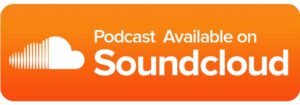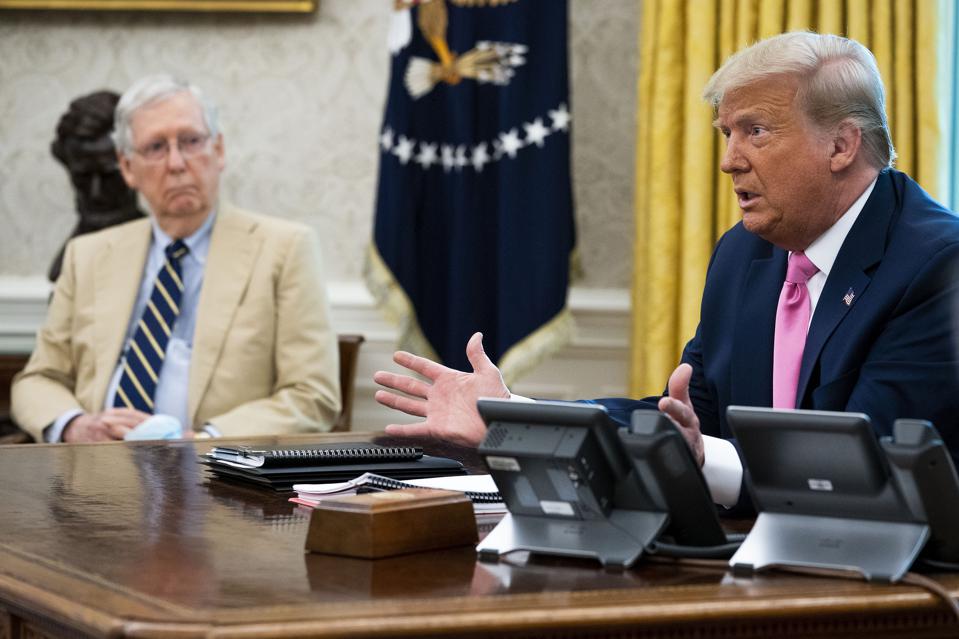On July 27th, Congress was set to hear from eight senators who are pitching the details of a new economic stimulus package for the United States. Led by Senate Leader Mitch McConnell, the Republicans aim to present financial aid that would tally up to around $1 trillion dollars.
McConnell, in a floor speech on July 23rd, laid the foundation to present the aid package to Congress Monday. He said, “…Although the early days of our economic recovery have beaten expectations and surprised the experts, we have really only begun to repair the damage. More than 17 million Americans are still jobless. Far too many families are still hurting.”
“This is not over. America’s fight continues. And so Congress’s support for our people must continue as well… We have an agreement in principle on the shape of this package. It is the framework that will enable Congress to make law and deliver more relief to the American people that is tailored precisely to this phase of the crisis.”
Components of the package will be presented by eight senators: Grassley, Alexander, Collins, Rubio, Shelby, Blunt, Cornyn, and Romney. Each has been integral in their portion of the stimulus package. 
What the CARES 2 Package Contains
It will become official once Congress passes the bill, but it’s largely believed that the CARES 2 package will contain:
- A second round of stimulus checks for eligible Americans, matching the previous check amount of $1,200. As another one-time payment, it’s expected that anyone earning less than $75,000 annually will receive the full amount plus $500 per dependent.
- Reduced federal unemployment benefits. It would be surprising to see the $600 enhanced federal unemployment benefit carry on past its expiration at the end of July.
- A moratorium on evictions. Anyone living in a building whose mortgage is backed by the government would be safe from eviction proceedings due to nonpayment of rent during the grace period.
- State-allocated aid. Unsurprisingly, most states have dipped into rainy day funds to stimulate their local economies and are ill-equipped to offer support through another wave of coronavirus.
- Return-to-work bonuses. Larry Kudlow and several senators have spoken about implementing return-to-work bonuses that incentivize the unemployed to go back to work rather than stay home on unemployment. It’s possible that we see that introduced in Monday’s bill.
Although it’s been mentioned often by President Trump, there’s no reasonable expectation a payroll tax cut will be part of the stimulus package. It did not receive a warm welcome from Republicans.
How It Affects Car Sales
When the first round of stimulus checks went out to Americans, dealers were visited by a wave of car buyers, spurring on the industry and depleting stock on popular models like full-size Chevy trucks. However, this time there are millions more Americans back to work that will receive a stimulus check.
An extra $1,200 check in the mail for working Americans could be easily infused into the auto industry in the United States as many have held back on vehicle purchases and vehicle repairs in light of the coronavirus.
Incentives from Q2 2020 have been pulled back somewhat, and most captive lenders are no longer offering 90 days payment-free. Interest rates remain competitive – well below normal rates for this time of year – which should ensure that sales will be strong once stimulus checks are sent out again.
Did you enjoy this article from Jason Unrau? Read other articles from him here.


While you’re here, don’t forget to subscribe to our email newsletter for all the latest auto industry news from CBT News.








